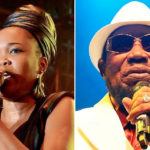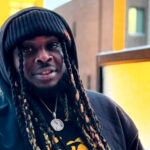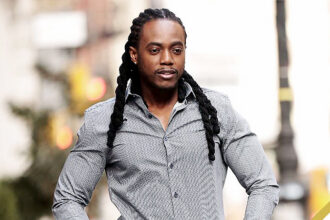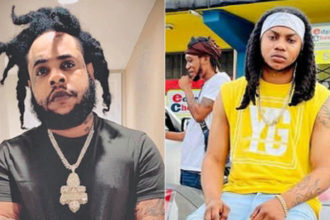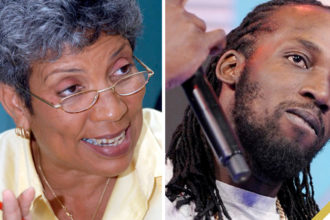Rastafarian firebrand Sizzla Kalonji issued a stern and timely warning to the youths of Trinidad & Tobago to reject the seductive lure of gang culture and gun violence during his stellar One Love concert at SoundForge in Mucurapo on Saturday night. His message comes at a crucial time for the twin-island republic, which has been grappling with a troubling surge in violent crime. According to the Trinidad & Tobago Police Service, the country recorded over 620 murders in 2024—a grim figure driven largely by gang-related activity and youth involvement in organised violence, sparking widespread public concern and calls for cultural change.
On stage, Sizzla pulled no punches. “Mi ah warn unno again, the violence ting nah work and mi serious about it. Mi no want no artiste true him sing gun song, and form gang all over the country and the world and ah feel ah so it go,” he passionately declared. He explained that while gun lyrics are sometimes used in Jamaican sound clash culture as musical bravado, they are not meant to inspire real-life violence. “No listen no more gun song… Cut it out. Alright!” he urged the crowd, making clear that music should not be a blueprint for destructive street life.
The outspoken reggae icon took the unusual step of promoting his own event after pulling out of the One Caribbean Music Festival over alleged contractual breaches by the original promoter—a move that also saw headliners like Vybz Kartel and Moliy withdraw. Yet the self-produced One Love show blossomed into a celebration of peace and cultural pride. Local reggae stars Jahllano, Rheon Elbourne, Revelation, and Marlon Asher delivered powerful sets, while soca royalty Bunji Garlin and Fay-Ann Lyons lent their support both on and off stage, igniting the crowd during a surprise freestyle session.
Capping the night with heartfelt moments—such as a soulful duet with Tennille Amor on “One Family” and a stirring steelpan performance by Opal Murrell on “Give Me A Try”—Sizzla reminded the sold-out audience why he remains not just a musical legend but a messenger of unity and upliftment. His warning against violence, layered with calls for cultural responsibility, resonated deeply against the backdrop of Trinidad’s current struggle with youth crime—a message that couldn’t have come at a more critical time.


